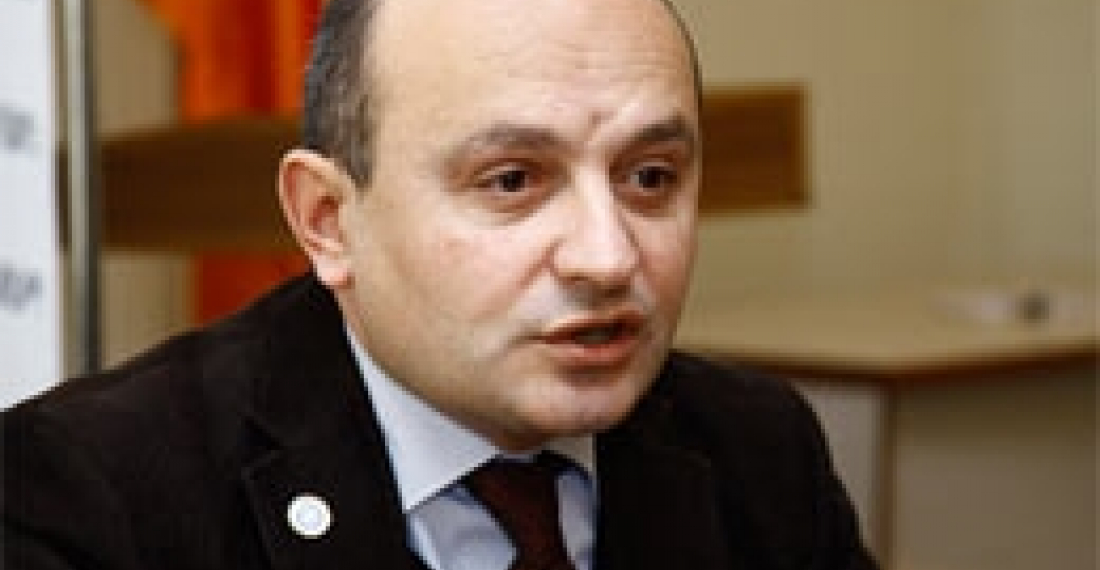Принятие штатом Массачусетс резолюции по признанию суверенитета Нагорного Карабаха - достаточно положительный процесс, косвенно свидетельствующий о желании США признать НКР. Подобное мнение в беседе с корреспондентом АрмИнфо выразил эксперт Степан Сафарян.
<Если на уровне штата признается суверенитет Нагорного Карабаха, то это означает, что в политике США есть желание признать НКР. Не важно, в этом процессе какую роль сыграло армянское лобби, главное, что была принята подобная резолюция>,- отметил он. По его мнению, признание законодательным органом Массачусетса независимости НКР является прецедентом для других штатов Америки. Он не исключил возможность того, что за примером Массачусетса последуют и другие штаты. Тем не менее, эксперт отметил, что существенных изменений в процесс по урегулированию карабахского конфликта данная резолюция не внесет.
6 августа Палата представителей американского штата Массачусетс приняла резолюцию по признанию независимости Нагорного Карабаха. В документе, представленном членом Палаты Джонатаном Хетчем, в частности, содержится призыв к президенту США Бараку Обаме и Конгрессу поддержать суверенитет и независимость Нагорно-Карабахской Республики.







